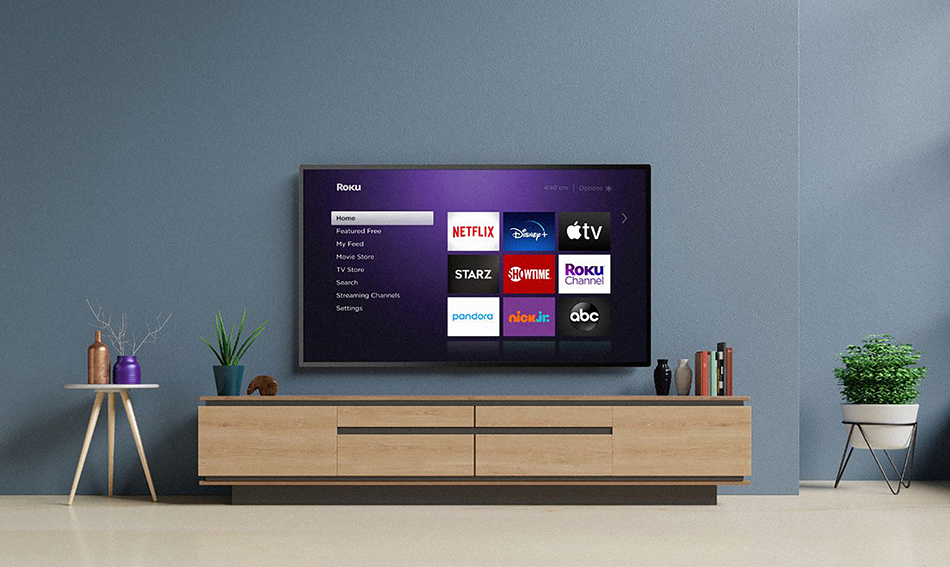Is Roku Pushing Its Luck?
Analyst says as streaming platform flexes muscles with Peacock, HBO Max, it could be made irrelevant by larger players

The smarter way to stay on top of the streaming and OTT industry. Sign up below.
You are now subscribed
Your newsletter sign-up was successful
Roku has emerged as one of the top streaming platforms in the industry, but MoffettNathanson media analyst Michael Nathanson warned that recent battles with Peacock and HBO Max could put the tech company in a precarious position.
In a research report where he initiated coverage of Roku with a neutral rating and a $145 price target, Nathanson praised the company for hammering out a position early on in the streaming business. Roku boxes, he estimated, are in about 40% of streaming homes in the U.S., “an important, but small piece of the connected TV landscape” he wrote
While that stance has emboldened Roku to flex its muscles, holding out on doing deals with NBC Universal’s Peacock and AT&T’s HBO Max streaming services, Nathanson warned the strategy could backfire.
Also read: Roku Stock Climbs Despite Peacock and HBO Max Impasses
“While Roku’s current negotiating position is that streaming services need to be on their platform to be relevant, Roku is a small company in a marketplace packed with the world’s largest tech and media players who may not be willing to grant them the oxygen they need to flourish over time,” Nathanson continued.
One of those players could be Google parent Alphabet, which Nathanson said has shown interest in repositioning its past efforts in the space, and as large players like NBCU and AT&T dive deeper into the space.
The smarter way to stay on top of the streaming and OTT industry. Sign up below.
Roku started out as a hardware company and has quickly shifted gears over the past few years to focus more on platforms -- platform revenue made up 66% of Roku’s total sales in 2019, up from 16% in 2015. Along the way it has carved out a dominant position in ad-supported video on demand (AVOD), a market which Nathanson predicts could grow more than four-fold to $14 billion in five years.
While continued cord-cutting -- Kagan predicts that traditional MVPDs could lose more than 30 million subscribers to OTT and other streaming offerings by 2025 -- and a desire to tap into the growing AVOD market (Nathanson predicted Roku would grow revenue at a 30% annual clip through 2024) should keep the engines humming, there are still potential pitfalls.
Aside from AT&T and NBCUniversal, Apple, Disney (with Disney Plus and Hulu), ViacomCBS, and Fox have all stepped up their streaming video efforts. ViacomCBS, months after its purchase of AVOD pioneer Pluto TV, is launching efforts to boost that service along with its other offerings CBS All Access, to create a “super streamer” in 2021.
Fox, which engaged in a carriage battle with Roku earlier this year, hammering out a deal a day prior to the Super Bowl broadcast in February, bought ad-supported streamer Tubi in March for $440 million.
“With Disney in control of Hulu (with its own AVOD/SVOD hybrid) and Viacom merging with CBS, now every one of the major four broadcaster network owners has an AVOD platform of its very own,” Nathanson wrote.
And those programmers will likely favor their own streaming services when it comes to their own content. That could leave Roku with some tough questions to answer, including how it will continue to monetize its growing customer base in the face of deeper-pocketed and highly motivated competition and how large a barrier it has built around itself to keep out that competition over the long term, Nathanson noted.
